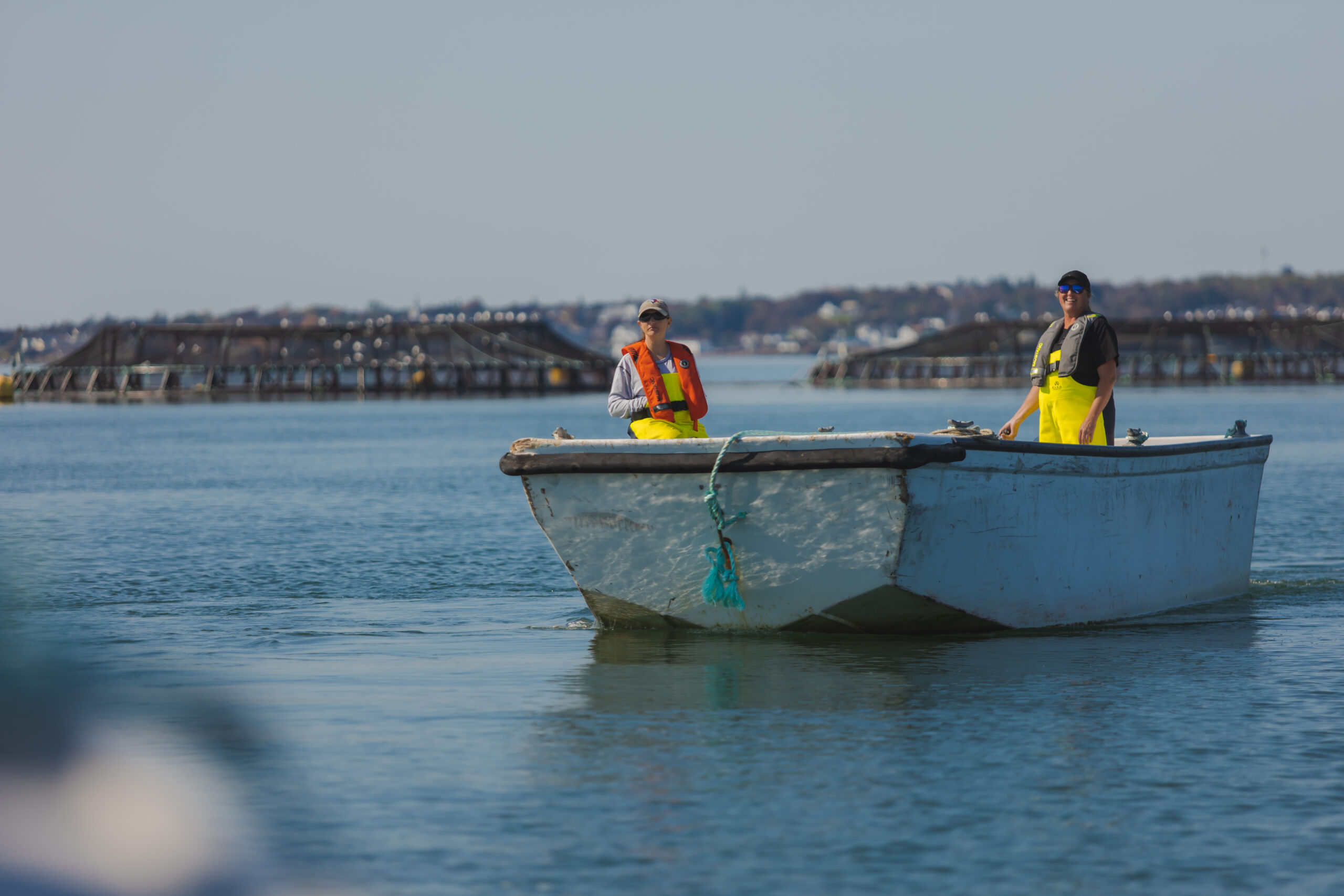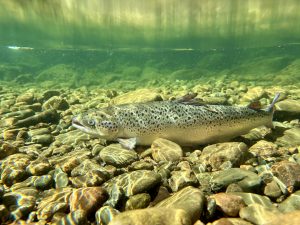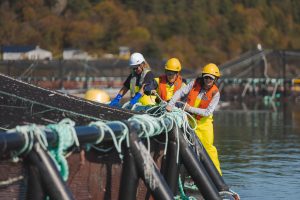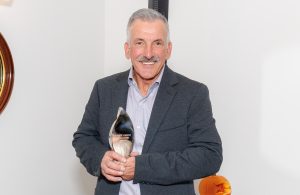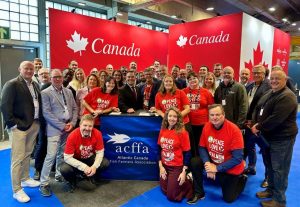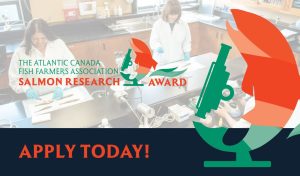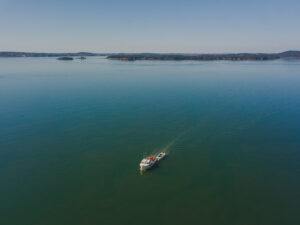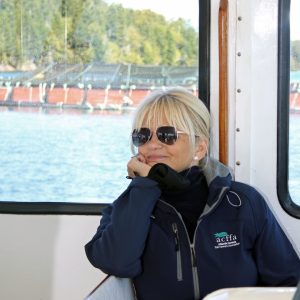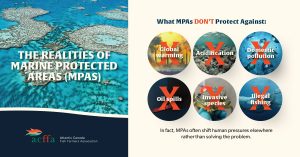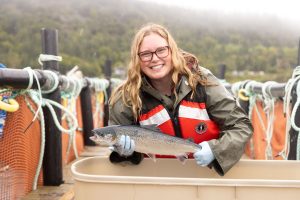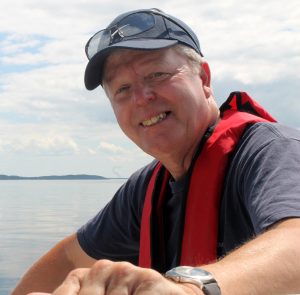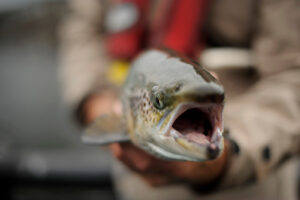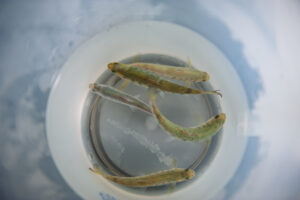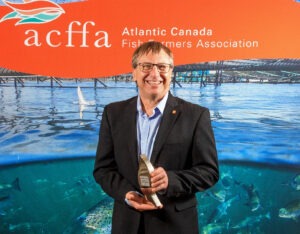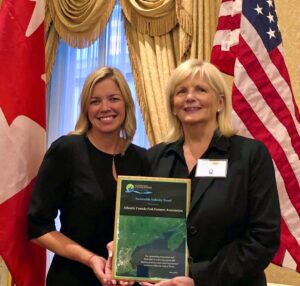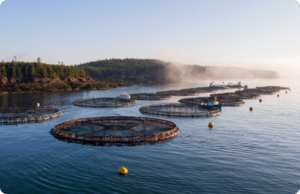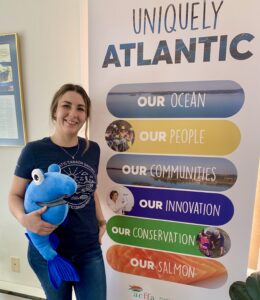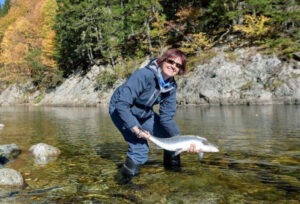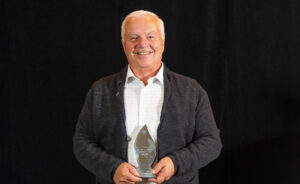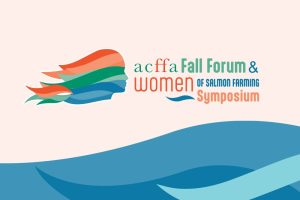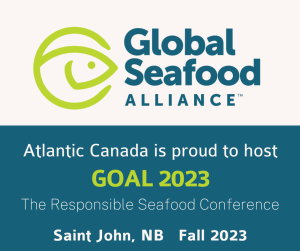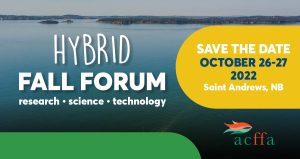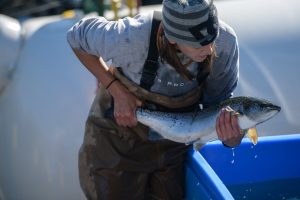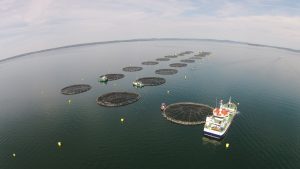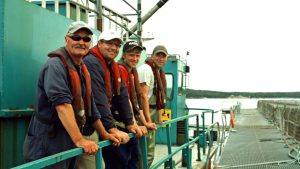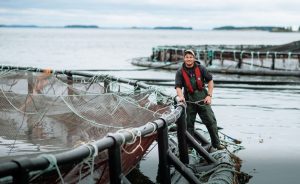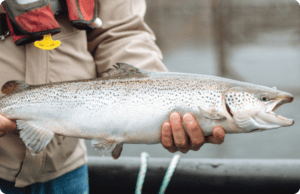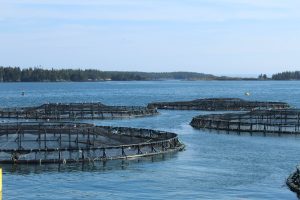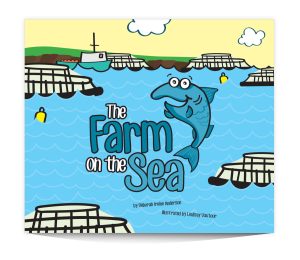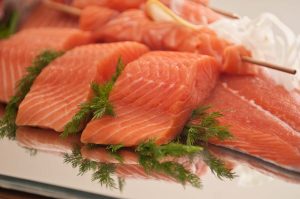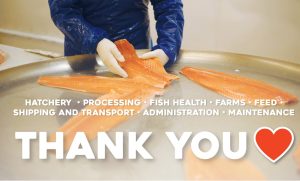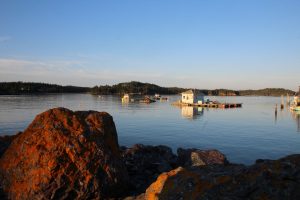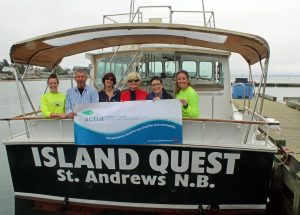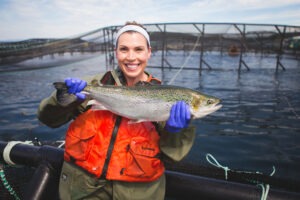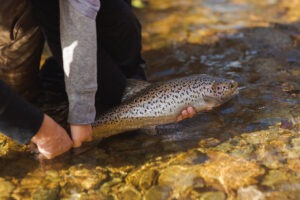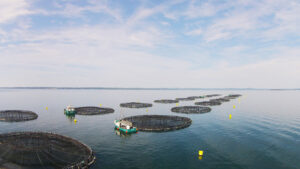The plan announced by the Department of Fisheries and Ocean is an offence to good science and good governance and a disturbing example of reckless political interference by the Prime Minister’s office in the management of our oceans.
The BC plan is not backed by science and demonstrates that Fisheries and Oceans Canada cannot effectively manage our oceans and should not have the responsibility to manage ocean farming.
Atlantic Canada’s salmon farming sector is unique – from its ocean environment to its communities, to its innovations, to how its regulated. Here on the East Coast, each province is the lead manager and developer of the salmon farming sector in its own province. This allows each province to adapt the industry regulations to its own unique coastal areas with the shared goal of long-term sustainability. Our aquaculture sector is well-managed, sustainable and vital to our economy and food security.
Atlantic Canada’s salmon farming industry is one of this region’s biggest economic drivers. Salmon farming employs over 8,000 people in our region, generates $2 billion in total economic output and grows over 323 million meals annually. Farmed salmon is the second largest agriculture-based export in Atlantic Canada and our marine farms produce 40 per cent of Canada’s farmed salmon.
Eighty-one per cent of consumers polled in Atlantic region support salmon farming (Narrative Research 2024). That strong support has been steady for the past six years.
Atlantic Canadians have worked together to create an extraordinary hub of innovative and sustainable aquaculture and cutting-edge marine research. We’re always evolving based on the latest science, research and technology. Decades of peer-reviewed research show that salmon farms have little long-term environmental impact on the marine environment. On the East Coast, salmon farming technology and knowledge is helping to save inner Bay of Fundy wild Atlantic salmon in record numbers as part of the award-winning Fundy Salmon Recovery partnership.
At a time when the world is urgently seeking out climate-friendly, sustainable solutions to food production, farmed salmon shines as one of the most energy efficient farmed animals that is produced with a minimal environmental impact. The United Nations has identified ocean farming as one of the top five ways to address climate change.
Atlantic Canada’s salmon farming sector will continue to rely on science to evolve so that that we can continue to play our vital role in food security, battling climate change and bringing jobs and prosperity to our communities.
